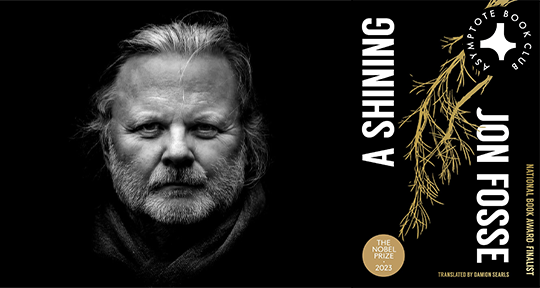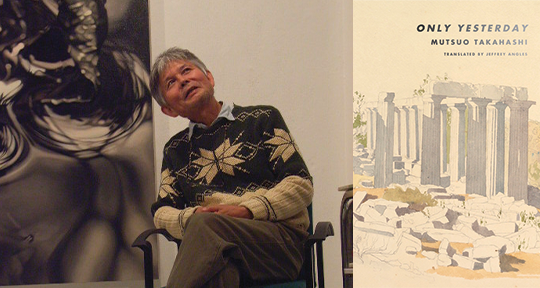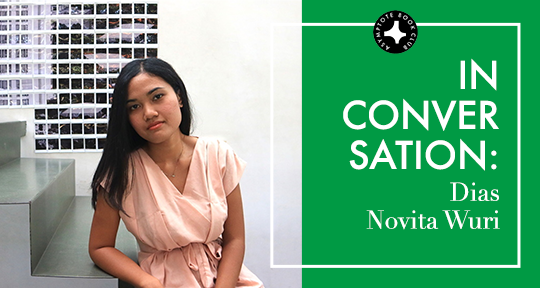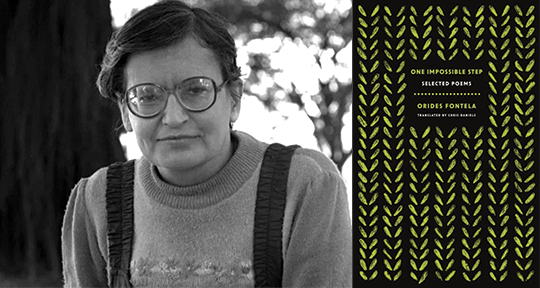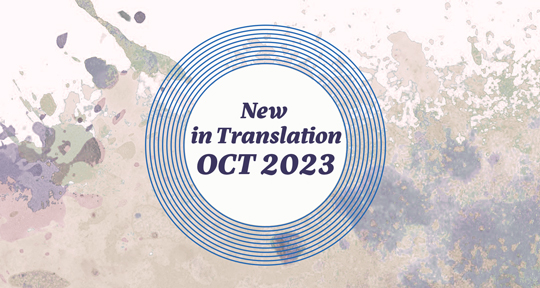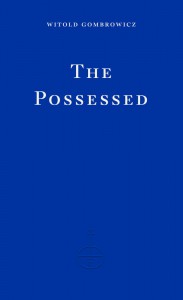When My Mother Is Most Beautiful by Rebecca Suzuki, Hanging Loose Press, December 2023
Technically classified as a book of poetry, Rebecca Suzuki’s debut collection, When My Mother Is Most Beautiful, contains verse, prose, drama, and haibun, a form that combines prose and haiku. Across the delightful hybridity, the author achieves thematic cohesion through her enthusiastic embrace of multilingualism. From the first entry to the last, Suzuki demonstrates multilingualism’s ability to make more resonant questions of identity that, trapped within a single tongue, remain stifling. “When I was 産まれた,” reads the book’s opening line, followed by a footnote that states, simply, “born.” For Suzuki, who immigrated to Bayside, Queens, from Nagoya, Japan, when she was 9, being born was an event that took place—and takes place for the author still—in a combination of English and Japanese. By comparison, Suzuki’s description of New York pizza (“cheese oozing off the side with hot orange oil pooling at the top”) is decidedly monolingual. Meanwhile, the dialogue in that same entry—between the author-speaker, her mother, and her sister—appears in Japanese. What the three family members say amongst themselves is translated in footnotes.
For a reader who does not know Japanese, the entry, titled “early days,” presents a kind of inverse experience of Suzuki’s initial weeks in New York, which involved navigating a new cultural environment, plus the logistical challenges of trips to the welfare office and the Herculean task of finding an apartment. The pizza, despite its mouthwatering description, feels public facing and familiar; what’s said between family members, on the street and in the restaurant, feels private. In a painful but poignant possible coincidence, the pizzeria in which the mother and sisters land for their respite may have once belonged to Suzuki’s Jewish-American father. The family’s move to the United States follows his death—an event, no doubt tragic, that the author addresses mostly obliquely. With much more directness, Suzuki confronts her preoccupations with the well-being of her ancestors at large. In an entry titled “eggplant,” she lays her fear bare: “My biggest worry has come true. How do my ancestors get home?”
The titular eggplant, which is also depicted in evocative original artwork on the book’s cover, is also a horse. Suzuki introduces the eggplant horse, her most striking metaphor, in an early entry about Obon, Japan’s festival of the dead:
my aunt makes a horse out of a thin cucumber or eggplant by sticking disposable chopsticks into them as legs. We all walk to the beach with the horse. When we get there, we light incense and let the eggplant horse float away in the water. That is how the spirits travel back to heaven.
Note the absence of simile: the creature isn’t like a horse or intended to represent one. It is alive, moving, capable of transporting others. The eggplant horse doesn’t only cross between the world of the living and the world of the dead. It traverses borders between the United States and Japan, English and Japanese, meaning and word, word and image. Suzuki’s horse reminded me viscerally of a moment in The Magical Language of Others, by E.J. Koh. In that hybrid-genre, multilingual, translation-obsessed text, Koh, who longs for a pet parakeet and flight from loneliness and isolation, fashions a bird out of a plastic bag tied to a string. The make-shift kite soars: “So little labor could bring so great a reward,” she writes. READ MORE…




